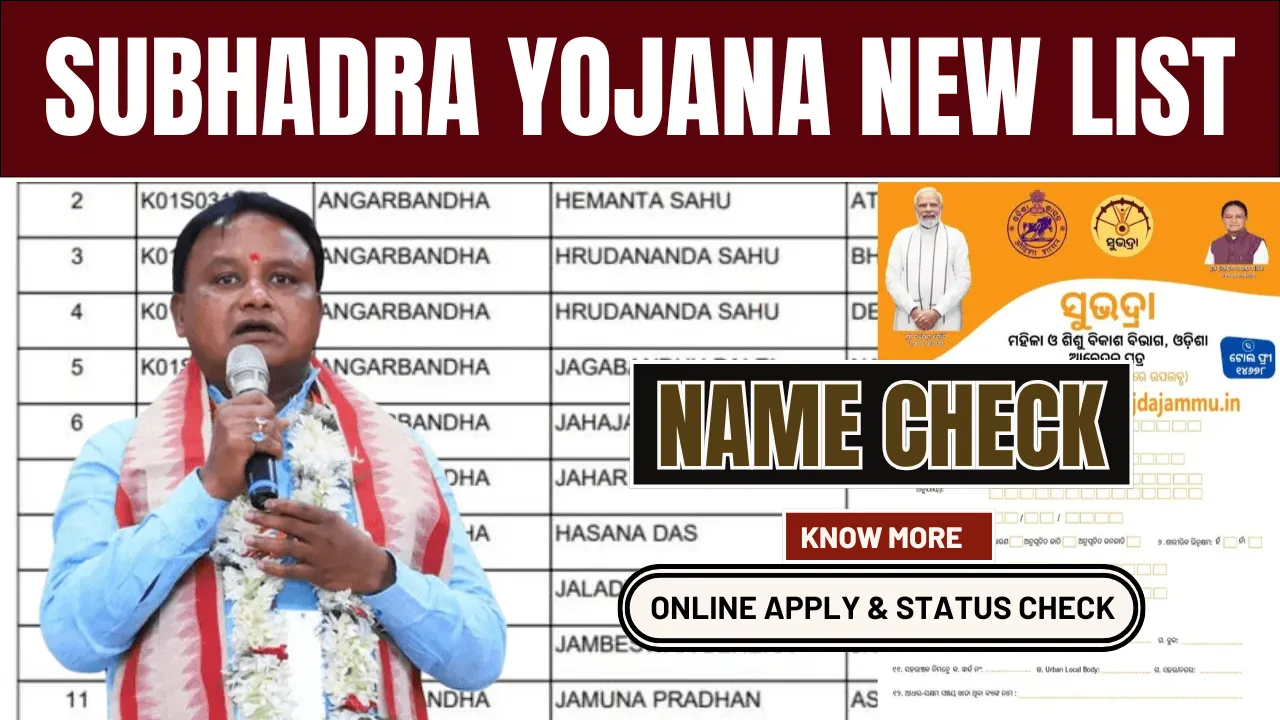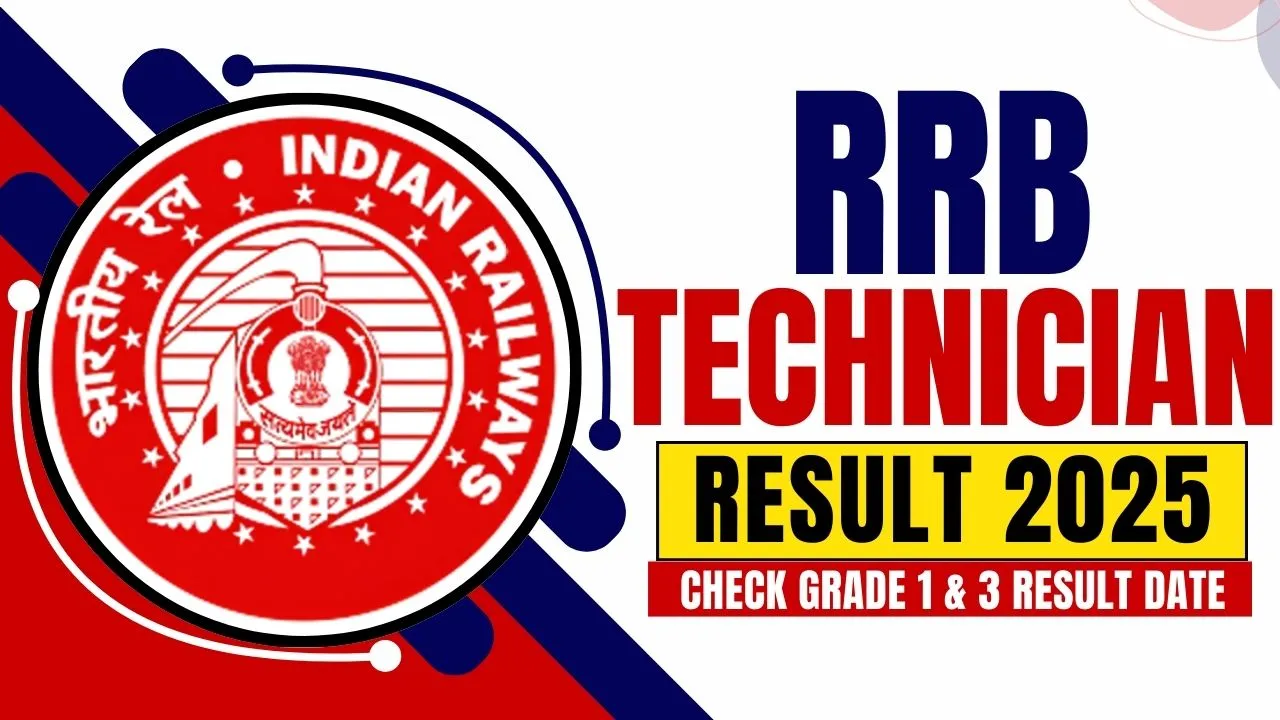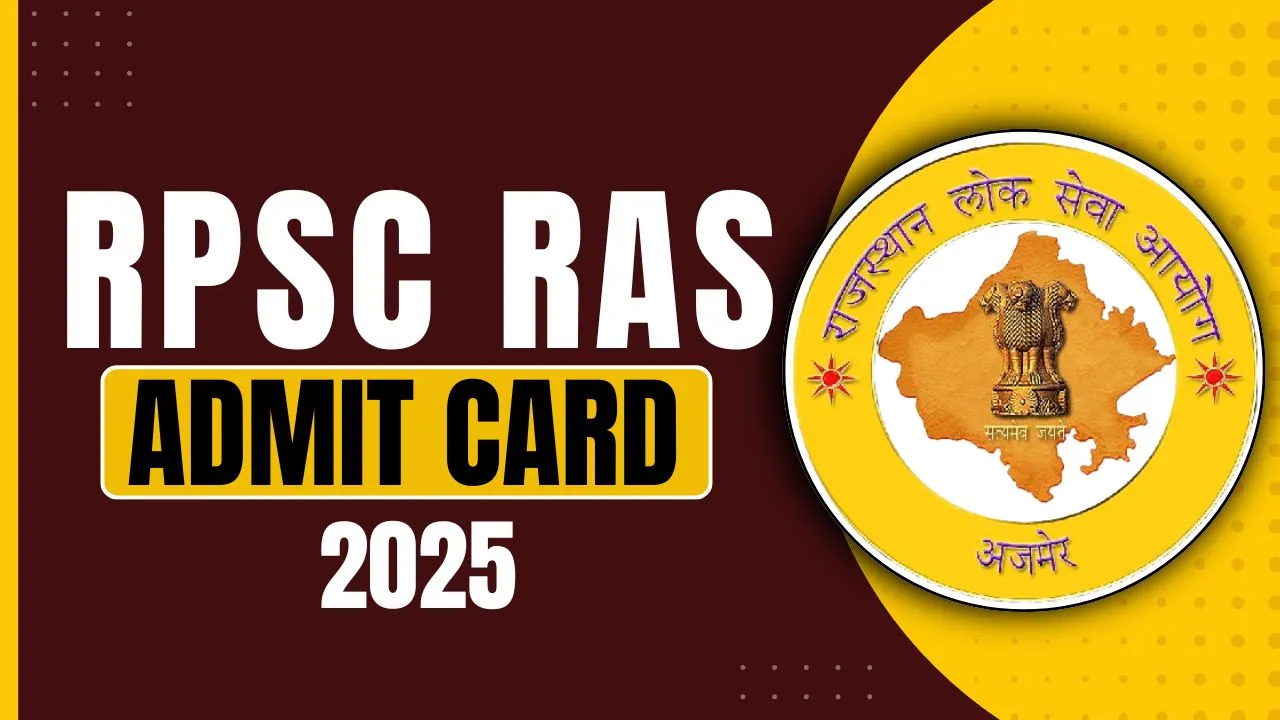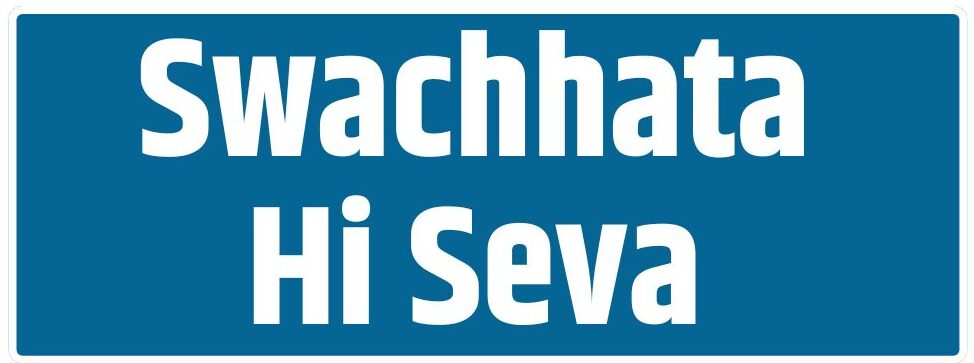8th Pay Commission 2025: To benefit millions of central government employees and pensioners, the Union Cabinet has officially approved the formation of the 8th Pay Commission 2025 on 16 January 2025. It is a significant step towards revising the salaries and allowances of central government employees and pensioners. The announcement was made during a Cabinet meeting chaired by Prime Minister Narendra Modi, with Union Minister Ashwini Vaishnaw confirming the decision.
The new pay commission is set to affect over 49 lakh central government employees and nearly 65 lakh pensioners, offering them updated salary structures and benefits. This decision comes as the term of the 7th Pay Commission, established in 2016, nears its conclusion in 2026. The government aims to ensure that the 8th Pay Commission is ready well in advance to address the needs of its employees.
In this article, we will look into the key aspects of the 8th Pay Commission, its expected impact, and the significant changes central government employees and pensioners can anticipate.
What is the 8th Pay Commission 2025?
The 8th Pay Commission is a government-appointed panel tasked with reviewing and recommending changes to the salary structure, allowances, and pensions of central government employees. These commissions are typically established once every decade to ensure that pay structures remain competitive and equitable.
Key Features of the 8th Pay Commission:
- Salary Revision: Focused on increasing the basic pay and allowances.
- Pension Adjustments: Revising pension schemes to ensure financial security for retirees.
- Fitment Factor: Proposing a new multiplier for calculating pay and pensions.
- Consultative Process: Engaging with stakeholders, including state governments and employee unions.
The government has announced that the chairman and two commission members will be appointed soon to begin consultations and deliberations.
8th Pay Commission 2025 Overview Table
| Aspect | Details |
| Approval Date | 16 January 2025 |
| Announced By | Union Cabinet, chaired by Prime Minister Narendra Modi |
| Key Beneficiaries | 49 lakh employees and 65 lakh pensioners |
| Term of 7th Pay Commission Ends | 2026 |
| Appointment of Members | Chairman and two members to be appointed soon |
| Focus Areas | Salary revision, allowances, pensions, and fitment factor adjustments |
8th Pay Commission Notification and Approval
The Union Cabinet’s approval for the 8th Pay Commission is a significant milestone. The decision reflects the government’s commitment to addressing the needs of its employees and pensioners.
Key Details of the Announcement:
- Meeting Details: The approval was granted during a Cabinet meeting chaired by Prime Minister Narendra Modi.
- Next Steps: A chairman and two members will be appointed to lead the commission.
- Consultation Process: The commission will engage with central and state governments, employee unions, and other stakeholders to ensure that all concerns are addressed comprehensively.
Who Benefits from the 8th Pay Commission 2025?
The recommendations of the 8th Pay Commission 2025 will directly impact:
- Central Government Employees: Those employed in civil services and paid through the Consolidated Fund of India.
- Pensioners: Retired employees receiving pensions from the central government.
Exclusions:
- PSU Employees: Employees of public sector undertakings (PSUs) like Coal India have separate pay structures and are not covered under the pay commission.
- Gramin Dak Sevaks and Autonomous Bodies: These groups are also excluded and have their independent pay scales.
Comparison: 7th Pay Commission vs. 8th Pay Commission
The 7th Pay Commission, implemented in 2016, brought significant changes to the pay structure. Some highlights include:
| Aspect | 7th Pay Commission | Expected Changes in 8th Pay Commission |
| Fitment Factor | 2.57 | Likely to be increased to meet demands of unions. |
| Minimum Basic Pay | ₹18,000 (from ₹7,000 in 6th CPC) | Expected to rise further. |
| Maximum Basic Pay | ₹2,50,000 | May see an upward revision. |
| Minimum Pension | ₹9,000 (from ₹3,500 in 6th CPC) | Likely to increase in proportion to salary hikes. |
| Allowances | Revised for HRA, transport, and others. | Expected further updates. |
Key Expectations from the 8th Pay Commission 2025
1. Revision of the Fitment Factor
The fitment factor, a crucial multiplier used to calculate salaries, was set at 2.57 in the 7th Pay Commission. Employee unions are likely to demand an increase to 3.68, which would result in a substantial hike in basic pay and pensions.
2. Salary and Pension Adjustments
The minimum salary and pension are expected to rise significantly, ensuring a better standard of living for employees and retirees.
3. Allowances and Benefits
House Rent Allowance (HRA), transport allowances, and other benefits will likely be revised to align with inflation and current economic conditions.
Role of the Pay Commission
Each pay commission has a defined Term of Reference (ToR), outlining its objectives and areas of focus. For the 8th Pay Commission, the key responsibilities will include:
- Recommending pay structures and allowances for central government employees.
- Ensuring parity with market standards.
- Addressing grievances related to pay disparities.
- Improving pension schemes and retirement benefits.
Impact on the Economy and Government Expenditure
Implementing the recommendations of the 8th Pay Commission will result in an increase in government expenditure. However, it will also have positive effects, including:
- Boosting employee morale and productivity.
- Increasing disposable income, which can stimulate economic growth.
- Encouraging consumption and investment.
FAQs
What is the 8th Pay Commission 2025?
The 8th Pay Commission is a panel established by the central government to revise salaries, allowances, and pensions for central government employees and pensioners.
When will the 8th Pay Commission 2025 be implemented?
The exact timeline is yet to be announced. However, its recommendations are expected to be implemented before the term of the 7th Pay Commission ends in 2026.
Who benefits from the 8th Pay Commission?
Over 49 lakh central government employees and 65 lakh pensioners will benefit from the commission’s recommendations.
What is the fitment factor, and how does it affect salaries?
The fitment factor is a multiplier used to calculate revised salaries and pensions. An increase in the fitment factor leads to a proportional increase in pay and benefits.
Are PSU employees covered under the 8th Pay Commission?
No, PSU employees have separate pay scales and are not covered under the recommendations of the pay commission.
Conclusion
The 8th Pay Commission 2025 marks a crucial step towards improving the financial well-being of central government employees and pensioners. With the Cabinet’s approval, the commission will soon begin consultations and deliberations to draft recommendations that reflect the needs of the workforce while balancing economic realities.
This decision highlights the government’s commitment to supporting its employees and retirees, ensuring that they are fairly compensated for their contributions. Employees and pensioners are advised to stay updated with official announcements for further details on the implementation of the 8th Pay Commission.











